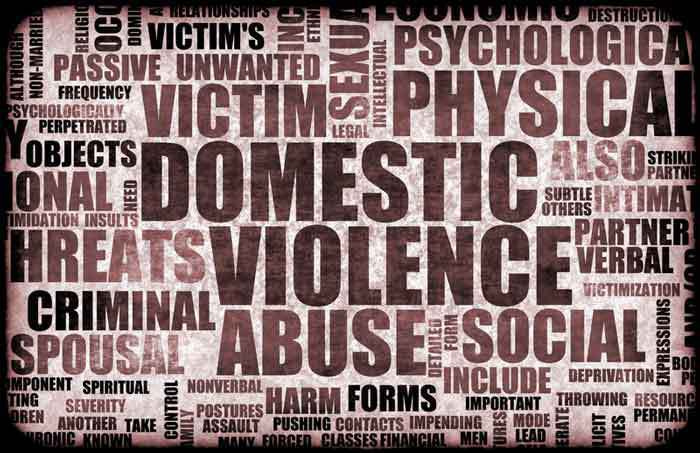Are You A Man Looking To Help End Violence Against Women? Here Are Practical Ways To Do So

According to the Kenya Domestic Household Survey (KDHS) 2014, 38 percent of women aged 15-49 reported physical violence, with 14% of them having experienced sexual violence. Girls aged between 12-17 represent 41 percent of survivors followed by women aged 18-49 who make up 32 percent with girls aged 11 accounting for 24%.
The statistics paint a grim picture when it comes to the amount of violence women are facing. There is literally nowhere women are safe. The most unfortunate thing is that it’s not strange men out there that are harming women, but the men closest to them. Domestic violence, marital rape, child molestation among other horrible crimes are done to women and girls by relatives and spouses. There have been numerous news stories of women who have lost limbs and a lot of discussion around the danger that men knowingly or unknowingly pose to women.
Majority of these conversations are centered around men spending most of the discussion in defense mode. Talk is cheap. Men who insist they are not pro violence against women must act. Remaining on the sidelines or staying silent is not an option and honestly, is an indicator of supporting a society where women experience violence, and men who experience similar violence are doubly shamed into silence.
Here are practical ways to get involved in helping to stop VAW.
1. Acknowledge that there is a problem
The statistics are terrifying and it’s easier to shove them aside and say that it is an exaggeration. Or even worse, assume because the women in your life are unaffected or you have not witnessed violence, that it doesn’t exist. It exists for a lot of women and all women are at risk. Acknowledging that the violence exists is the first step to acting against it.
Something else to acknowledge is that the problem isn’t as straightforward as we’d like it to be. Violence doesn’t just exist in the extremes. There are subtler but still damaging forms of violence including sexual harassment, stalking, verbal abuse and emotional abuse among others.
2. Listen
It is incredibly important to listen to women when they tell you they’re uncomfortable or afraid or have any other negative feelings when it comes to their safety. Listen to women when they share their stories of violence they have faced and do not belittle, mock, interrupt or talk over. The psychological effects of violence run deep and it is important to listen respectfully and only ask questions if the survivor is willing to share further.
3. Unlearn and learn
Society has socialized us to view women as lesser which in turn creates an environment that is violent towards them. Unlearning these beliefs requires concerted effort but is crucial to being able to see women as human beings who deserve safety and respect. Benevolent sexism will not lead to long term change as it still views women as lesser but with good men there as protectors. Rather than focusing on individual men as knights in shining armor, a sustainable solution is to steadily push for a society that views women as capable and worth protecting through legislation and punitive punishments for perpetrators.
Part of learning is also reading what has been written on the subject and making an effort to know what the law says about violence.
4. Become self aware
You may believe you’re a good man, and perhaps you are. However, being individually good will not stop the violence women are facing. Also, become aware of things you may be unconsciously doing that may pose a danger to women. Do you follow women in the dark? Do you catcall or harass women you find attractive? Do you pursue women who have rebuffed you? Or do you do nothing when you’re friends are doing any of these? Assess yourself and see if there are ways you are contributing to the violence against women.
5. Call out perpetrators
Most men probably have a friend or two that thinks it’s cool to put a drug in a woman’s drink or sleep with a woman that’s too drunk. Or even the men that catcall and harass women or rape them. If you’re silent, you approve. If you’re silent, you’re an accomplice. Speak up, tell off and ostracize perpetrators.
6. Learn practical ways to assist victims
There are websites full of information on what to do if you encounter a victim of violence. Acquaint yourself with the steps so you can be of assistance. Also, actively champion for better treatment of women in your circles, defend victims who are brave enough to speak up and donate money to organizations that assist victims.
7. Organize
You want to bring up the next generation with different views or to have honest conversations with other men on the damaging effects of violence against women? Start a monthly or quarterly meeting and theme around an activity you’ll enjoy and have these conversations.
To Follow the conversation on this, follow #ARealManIs on Twitter.
http://www.mwendengao.com/2017/09/26/are-you-a-man-looking-to-help-end-violence-against-women-here-are-practical-ways-to-do-so/LifestyleVAW,violence against women

Leave a Reply